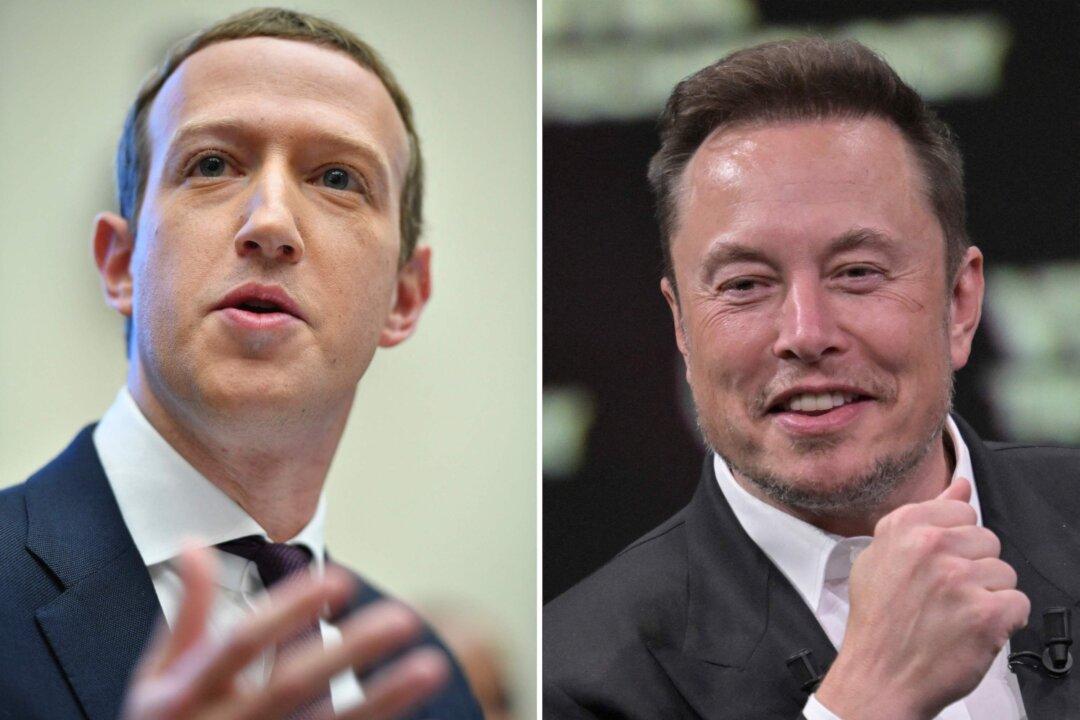Mark Zuckerberg and Elon Musk, the owners of competing social media platforms, could soon get into a cage match if their talk on social media is to be believed.
Zuckerberg—who co-founded Facebook and whose Meta Platforms Inc. owns Instagram—has reportedly been preparing a new social media platform to compete with Twitter.





